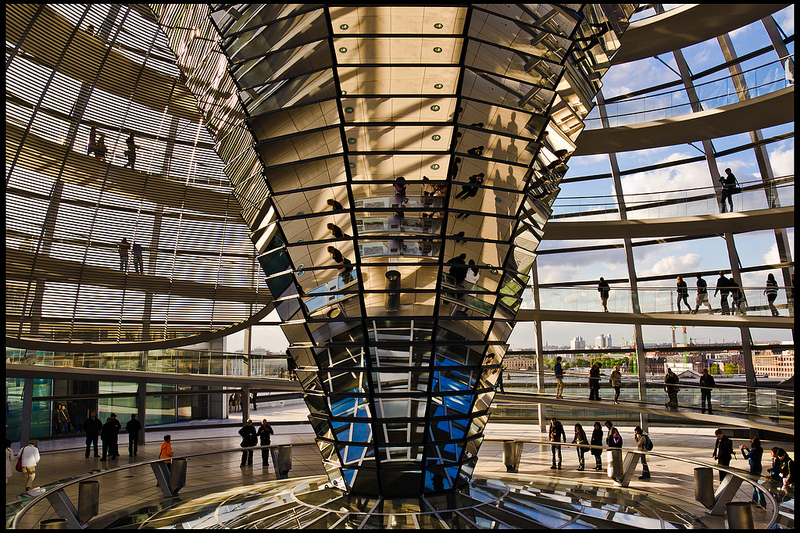
February 12, 2013, by Warren Pearce
Call For Papers: Making Expertise Public panel at #SIP13 & #IPA2013
UPDATE: deadline extended to March 5th.
We warmly invite papers to our Making Science Public panel Making Expertise Public: Dilemmas, Conflicts and Controversies, being held at the Interpretive Policy Analysis conference in Vienna (July 3rd-5th). The panel is co-chaired by Sujatha Raman (Deputy Director of Making Science Public), Warren Pearce and Judith Tsouvalis (Making Science Public Research Fellows).
Abstracts are invited before the deadline on February 28th. We anticipate the deadline for full papers being at the start of June. The panel encompasses issues around evidence based policy, expert advice, open government, science and policy, post-politics and political legitimacy.
To submit an abstract, please visit the conference website.
For more information, contact: warren<dot>pearce<at>nottingham<dot>ac<dot>uk
Over the last 20 years, a series of political crises has challenged the authority of science, the integrity of research and the status of expertise in policymaking. This has contributed to a narrative of dwindling public trust in science and science’s declining capacity to underpin political legitimacy. Such topics have been widely explored in the literature through controversies such as genetically modified organisms, climate change, vaccination and biomedicine.
One potential solution to these problems is to make the practice, use and assessment of expertise within policy-making more open, transparent and democratic; in short, making expertise public. This raises theoretical and practical questions about the motivations for making expertise public, its meanings for policy actors, and its political consequences. This panel seeks to critically engage with recent efforts to interrogate these issues, opening up new questions such as:
• How does the narrative of a legitimacy crisis operate in practice; what kinds of political options has it opened up or foreclosed?
• How have arguments for openness, transparency or public participation travelled between and across multiple levels of interpretation and governance?
• What are the possibilities and motivations for encouraging public participation in policy, particularly policies drawing on scientific evidence?
• How have initiatives to open up policy-making been framed in practice and what are the gaps, tensions and closures?
• What are the tensions between opening up and closing down the decision-making process; is ‘making public’ often followed by ‘making private’?
• Is public participation a manifestation of a post-political age; a strategy intended to suppress, not mediate, conflict?
Colleagues are warmly invited to submit papers addressing these critical issues within public policy. The panel will constructively engage with IPA’s focus on shifting traditional policy-making modes towards more democratic forms of governance. In particular, it will unpack the meaning of ‘conflict’ within policy-making and assess how the ‘political‘ may be included or excluded at particular moments in space and time.
REFERENCES
Braun, K., & Schultz, S. (2010). “… a certain amount of engineering involved”: Constructing the public in participatory governance arrangements. PUS, 19(4),403-419.
Jasanoff, S. (2003). (No?) Accounting for expertise. Science and Public Policy,30(3),157-162.
Moore, A. (2010). Public bioethics and deliberative democracy. Political Studies,58(4),715–730.
Pielke Jr, R.A. (2007). The Honest Broker. Cambridge: Cambridge University Press.
Science and Public Policy (1999). 26(3).
Science and Public Policy (2003). 30(3).
Tsouvalis, J., & Waterton, C. (2012). Connected Communities: public participation as a process of de-politicization.
Wynne, B. (2007). Public participation in science and technology: performing and obscuring a political–conceptual category mistake. EASTS, 1(1),99-110.

[…] The organization of the Science in Public (SiP) conference in July 2013, from the call for papers to the publication of the […]